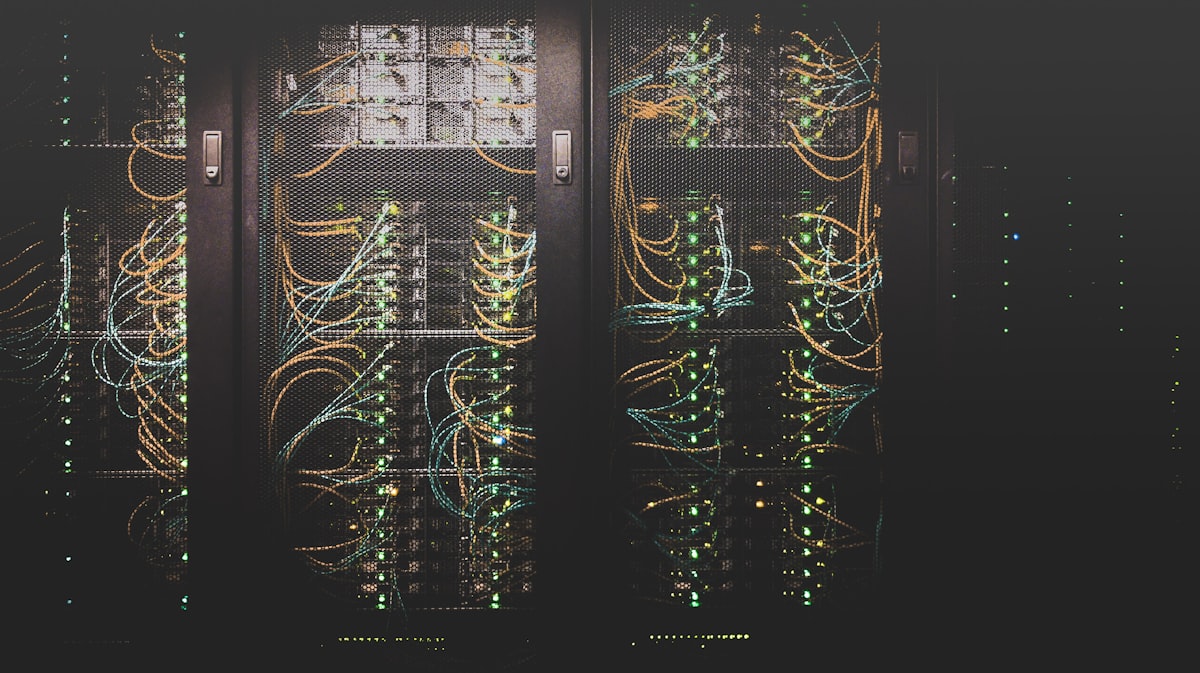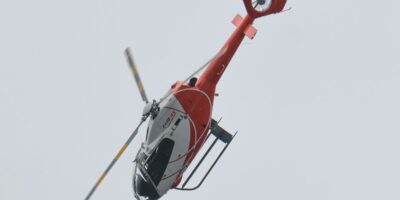In recent years, the aerospace industry has witnessed significant advancements in the integration of artificial intelligence (AI) into aircraft systems, revolutionizing how planes are flown, maintained, and managed. From enhancing flight safety and efficiency to transforming passenger experiences, AI’s role in aviation is becoming increasingly pivotal and transformative.

AI in Aviation: Enhancing Flight Operations
One of the most critical applications of AI in aviation is in flight operations. AI algorithms are used to optimize flight routes, manage air traffic, and predict weather patterns more accurately. By processing vast amounts of data and making real-time decisions, AI helps in minimizing delays and maximizing fuel efficiency. Furthermore, AI systems are being developed to assist pilots in monitoring aircraft systems and responding to changing flight conditions, thereby enhancing overall flight safety.
Maintenance and Diagnostics
Another significant area where AI is making an impact is in the maintenance and diagnostics of aircraft. Predictive maintenance, powered by AI, involves analyzing data from various aircraft sensors to predict potential failures before they occur. This proactive approach not only reduces the downtime of aircraft but also helps in saving substantial costs associated with unplanned maintenance. Moreover, AI-driven diagnostics tools can quickly identify issues and suggest corrective measures, improving the reliability and longevity of aircraft components.
Autonomous Flight and Pilot Assistance
The prospect of fully autonomous or pilotless aircraft is perhaps one of the most exciting developments in AI aviation. While fully autonomous commercial flights may still be a few years away, AI is already helping in creating semi-autonomous systems where AI assists human pilots. These systems can handle certain tasks like takeoff and landing or cruising, allowing pilots to focus more on monitoring the flight path and less on operational controls. This dual approach not only improves safety but also helps in reducing pilot fatigue on long-haul flights.
Passenger Experience and Operations
AI is also transforming the passenger experience. From personalized travel recommendations and automated check-ins to AI-enabled in-flight entertainment systems, AI is making air travel more enjoyable and convenient. On the operational side, AI algorithms help airlines optimize schedules, manage gate assignments, and even control in-flight catering supplies, ensuring that all aspects of the flight operation are streamlined and efficient.
Challenges and Ethical Considerations
Despite the numerous benefits, the integration of AI in aircraft systems is not without challenges. The reliance on data and algorithms necessitates stringent security measures to protect against cyber threats. Additionally, the aviation industry must address ethical concerns related to job displacement due to automation and the accountability in the event of AI-related failures.
Moreover, regulatory bodies are still catching up with the rapid pace of technological advancements. Establishing comprehensive guidelines that govern the use of AI in aviation is crucial for maintaining safety standards and public trust.
Future Outlook
Looking ahead, the integration of AI in aircraft systems is expected to continue growing, driven by technological advancements and increasing demand for efficiency and safety in aviation. As AI technologies evolve, their applications in aviation will likely expand, paving the way for more innovative solutions that could further transform the industry.
In conclusion, the integration of artificial intelligence into aircraft systems marks a new era in aviation. With its ability to enhance every aspect of flight operations, maintenance, and passenger services, AI is set to play an increasingly significant role in shaping the future of air travel. As the industry navigates through the complexities and challenges of adopting AI, the focus must remain on leveraging technology to improve safety, efficiency, and overall passenger experience.



